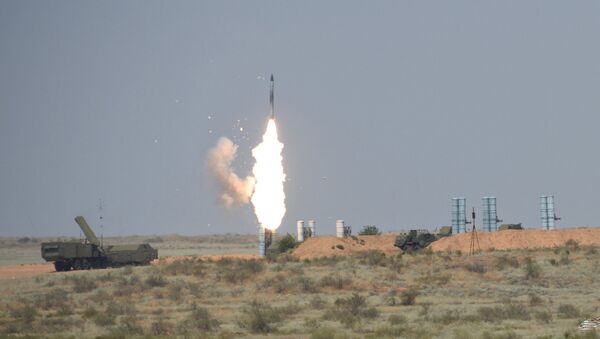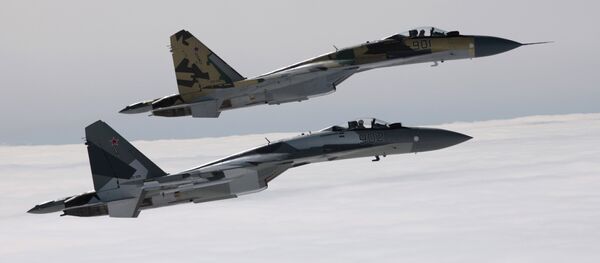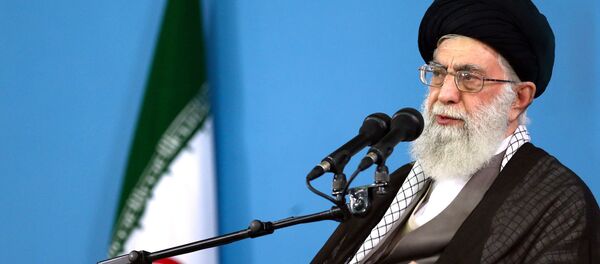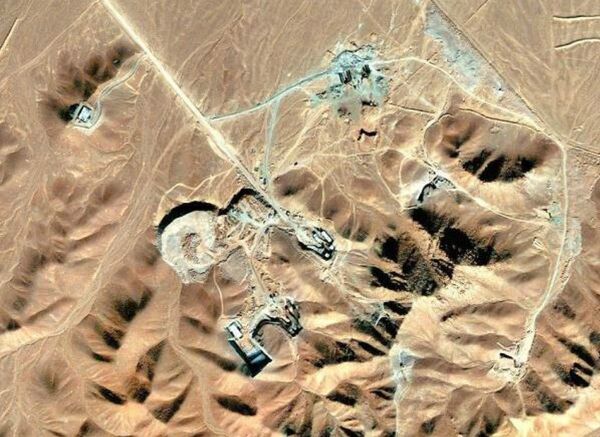Speaking to state television on Sunday, Farzad Esmaili, the commander of Iran's Air Defense Force, explained that "our main priority is to protect Iran's nuclear facilities under any circumstances." While the commander did not clarify whether the S-300s at Fordow were already operational, Esmaili did say that "today, Iranian skies are among the most secure in the Middle East."
The commander's remarks were accompanied by state television footage showing the recently purchased S-300 missile systems being transported and deployed in the area around Fordow.
Commenting on the deployment, Sajjad Tayeri, an expert in Iranian-Russian relations, suggested that the news serves as another indication that cooperation between Russia and Iran has reached a strategic stage.
Speaking to Sputnik Persian, Tayeri recalled that the supply of the S-300 had long been seen as a problem area in the deepening of Russian-Iranian relations, with Russia promising to supply Tehran with five S-300 systems in 2007, before suspending the contract in 2010, citing a UN Security Council resolution which placed an arms embargo on Tehran.
"Today," Tayeri noted, "we see that after the signing of the [nuclear deal], when various countries' trust in Iran has been restored, the long-standing friendship which has always existed between Russia and Iran has strengthened even more."
The analyst suggested that Moscow and Tehran's cooperation in the anti-terrorist operation in Syria, along with the recent negotiations on the legal status of the Caspian Sea, have only further increased the level of mutual trust and collaboration between the two countries. "The level of cooperation between our countries is growing, and is becoming more effective."
"Iran," Tayeri added, "has never created any plans for aggression or invasion of other countries; it does not have such plans and never will."
According to the expert, "the Russian S-300 and its Iranian made analogs are intended for the defense of our territory – of key industrial objects."
Noting that Tehran still has many reasons not to trust Washington, including in its fulfilment of its side of Iranian nuclear agreement, the analyst emphasized that "as far as cooperation between Russia and Iran is concerned, it has, on the contrary, been greatly strengthened and is already at the strategic level. It's for this reason that the Russian S-300 systems were deployed around our country' nuclear and strategic military facilities."
Iran showcased its own new air defense system, the Bavar-373, at a military expo last week. The system's development has prompted speculation that it was designed as Iran's answer to the S-300.






